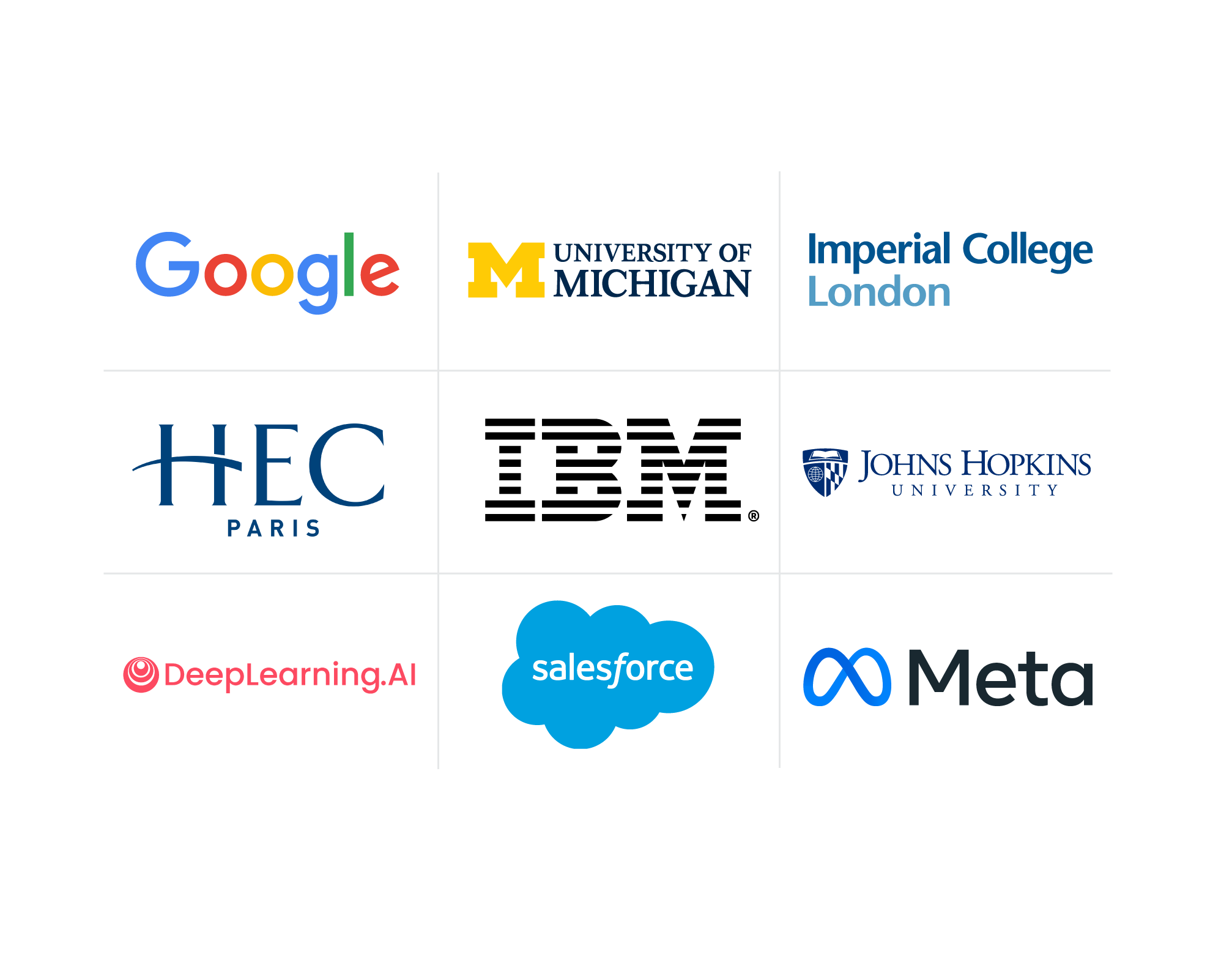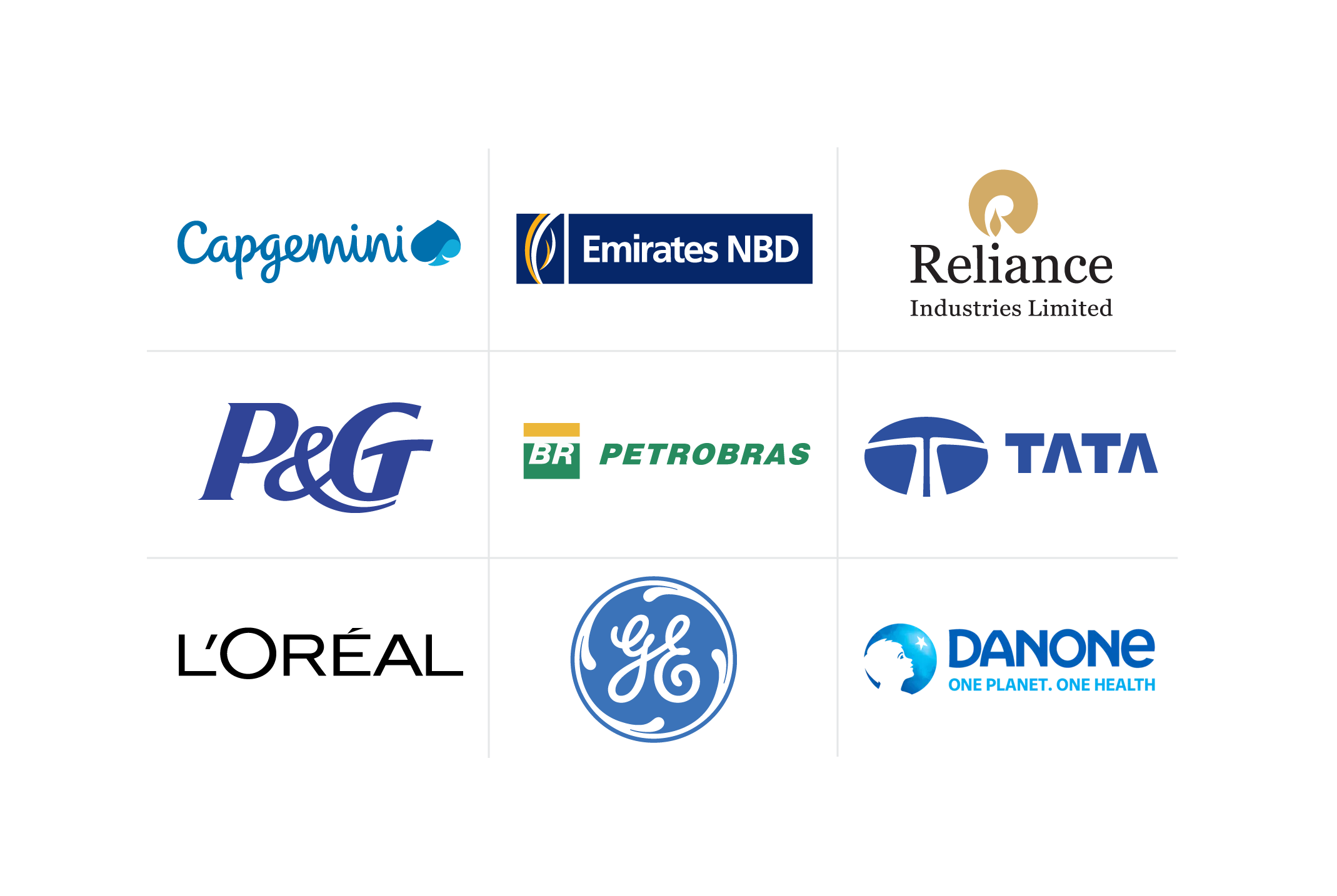What Is Professional Development and What Are the Benefits?
Explore different aspects of professional development, how it can benefit you and your career, and ways to get started.
![[Featured image] Woman working on a training lesson on a laptop computer](https://d3njjcbhbojbot.cloudfront.net/api/utilities/v1/imageproxy/https://images.ctfassets.net/2pudprfttvy6/FQ3hr3LjDPHecEYiRzeZZ/f45e870eb41e06baa4c71da5bd16d5b4/GettyImages-961026066.jpg?w=1500&h=680&q=60&fit=fill&f=faces&fm=jpg&fl=progressive&auto=format%2Ccompress&dpr=1&w=1000)
Engaging in professional development is a way to improve your skills, knowledge, and techniques relating to your professional career. This could be anything from learning something new in an academic setting to earning Professional Certificates or brushing up on knowledge and learning a new skill through research and personal projects.
What is professional development?
Professional development is education, training, or skill development engaged in for career progression. This can range from keeping up to date with changes and trends in your field to learning new skills to advance your career.
Who needs to engage in professional development?
Putting time aside for professional development can benefit you at any career stage. Learning more about your field can enhance your work and help you move on to new areas. For example, showing that you are willing to improve and grow in your position and beyond is an asset to your company.
Some companies and industries consider ongoing professional development a requirement for working in a specific position. Many employers will offer regular internal and external training to ensure employees are current with industry standards. The process helps ensure they have skilled employees and attract professionals dedicated to growing within their roles.
Read more: What Is a Professional Development Plan? And How to Create Your Own
Some professionals, such as psychologists, certified public accountants (CPAs), pilots, and lawyers, have continued professional development (CPD) as an essential requirement to practice. This may involve taking exams to renew licenses or retain membership with a professional body. It may also mean taking courses to sharpen skills in fast-moving industries at regular intervals or moving to the next level. These include industries like construction and surveying, education, and medicine.

The difference between personal development and professional development
Professional development and personal development share similar characteristics, but professional development is always career-related. On the other hand, personal development can include working on any area that benefits your personal growth. This could improve your career prospects or help you perform your role at a higher standard. Still, personal development generally affects all aspects of your life instead of solely your career. Professional development focuses on improving your skills to perform better at your job or profession.
Examples of professional development
Professional development can take many forms. It can be structured learning, such as courses, seminars, and workshops. These can be set by an employer or based on personal areas of professional growth. Other forms of professional development include more reflective learning, such as research, reading, and listening to podcasts. This type of professional development is more informal and led by employees rather than employers.
Online courses
Whether formal or informal, essential or optional, professional development can be in the form of online courses. These can vary from degree programs to short guided projects and everything in between. Online learning is a big part of how we learn these days, and you can always find plenty of available options. On Coursera, you can access various professional development courses for multiple professions.
Academic courses
Academic courses can be considered continued professional development if they relate to your role. These can be bachelor’s degrees, graduate degrees, or courses with accreditation.
Conferences and seminars
Attending conferences and seminars can count toward your professional development efforts, as they are opportunities to learn from industry experts and for peer support. Speaking at a conference can be a great way to develop your presentation skills and learn from leaders in your field.
Reading and research
Informal professional development is a great way to upskill and learn something new to help your career development. A wealth of books, podcasts, and videos on professional development are available.
Coaching
Finding a coach or mentor allows you to learn from someone who has already achieved what you want. Using a performance coach or picking a mentor in a position above you gives you opportunities to follow their guidance and learn strategies that worked for them.
Certification
Professional Certificates are a quantifiable form of professional development. Whatever your industry, having a certification in a relevant field can boost career prospects and aid performance in your role. Coursera hosts a range of Professional Certificates for you to choose from, including the Google Project Management Certificate.
Benefits of pursuing professional development
Whether you are looking to progress in your career or want to perform your best in your current role, you can see the benefits of professional development in many different ways. With so many options, professional development can be invigorating. Keeping up to date with industry specifics and learning skills to help you in your role can benefit you and your company.
Skills development
The skills you develop through professional development can be both workplace and technical. You don’t need to limit which skills you work on, provided they help you develop and grow in your career.
Confidence building
Professional development can increase your knowledge and help you learn skills that benefit your career. You may feel more confident in your role and can take on new responsibilities or put yourself forward for promotion.
New qualifications
Achieving a qualification or certification is a way of gaining proof that you have mastered a skill or a certain level of knowledge. While non-accredited professional development is still valid, it is easier to demonstrate your achievements if you can cite a certification or certificate and add it to your resume.
Career development
With your new skills, you may become more appealing to employers and stand out from other candidates when you apply for a new role or approach your boss for a promotion.
Next steps
Are you ready to take the next step in your professional development? You can take several courses on Coursera on professional development. Consider starting with Professional Development: Improve Yourself, Always, delivered by Macquarie University.
This content has been made available for informational purposes only. Learners are advised to conduct additional research to ensure that courses and other credentials pursued meet their personal, professional, and financial goals.



